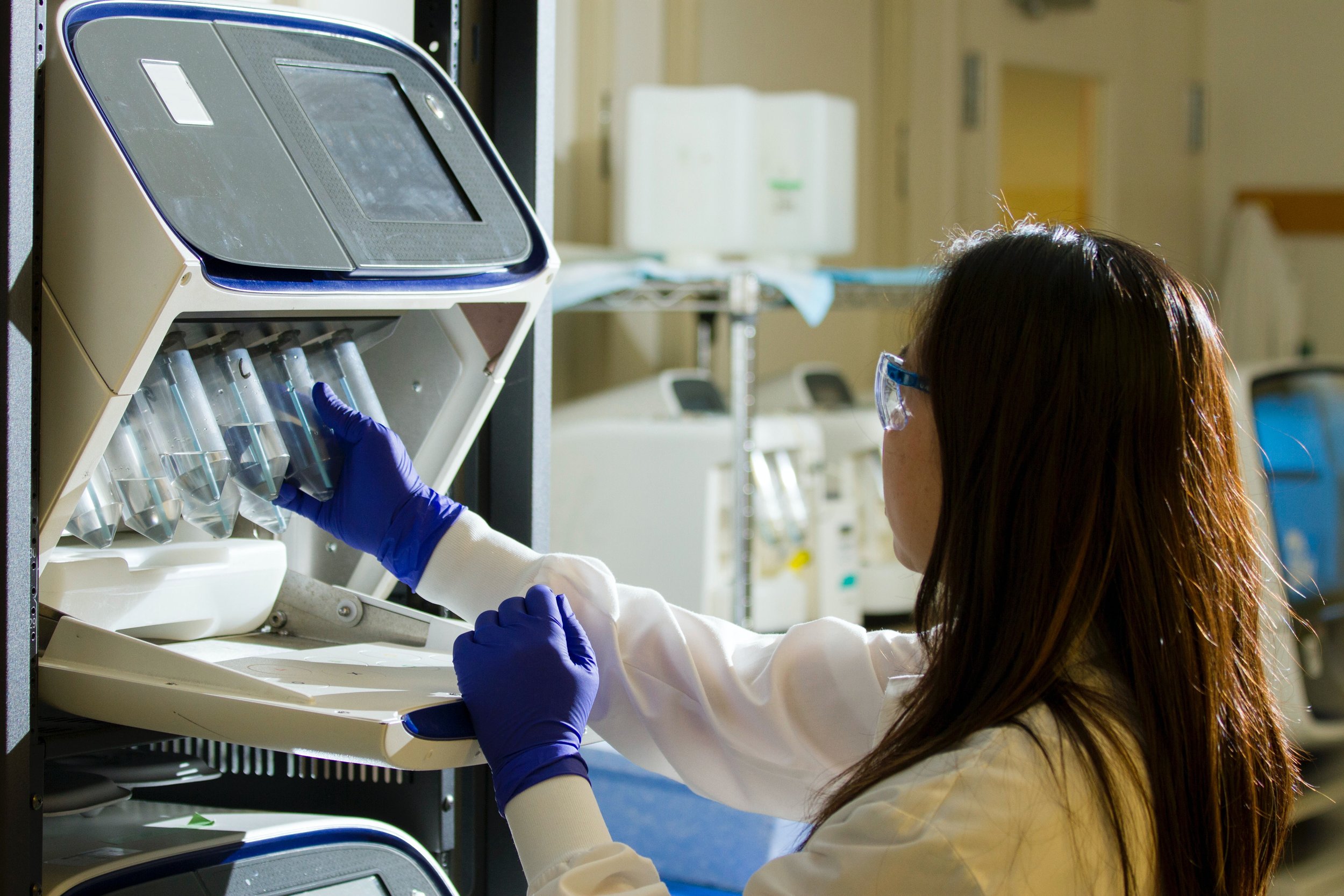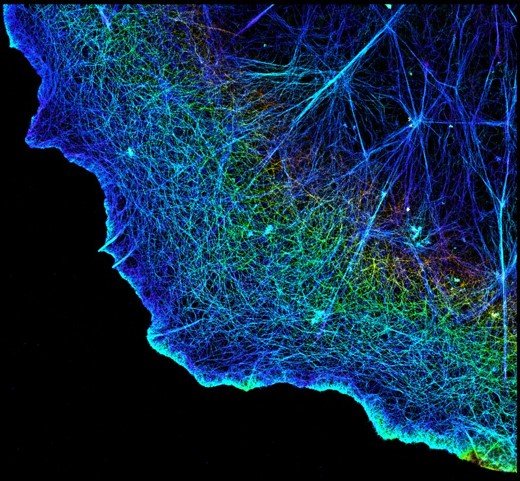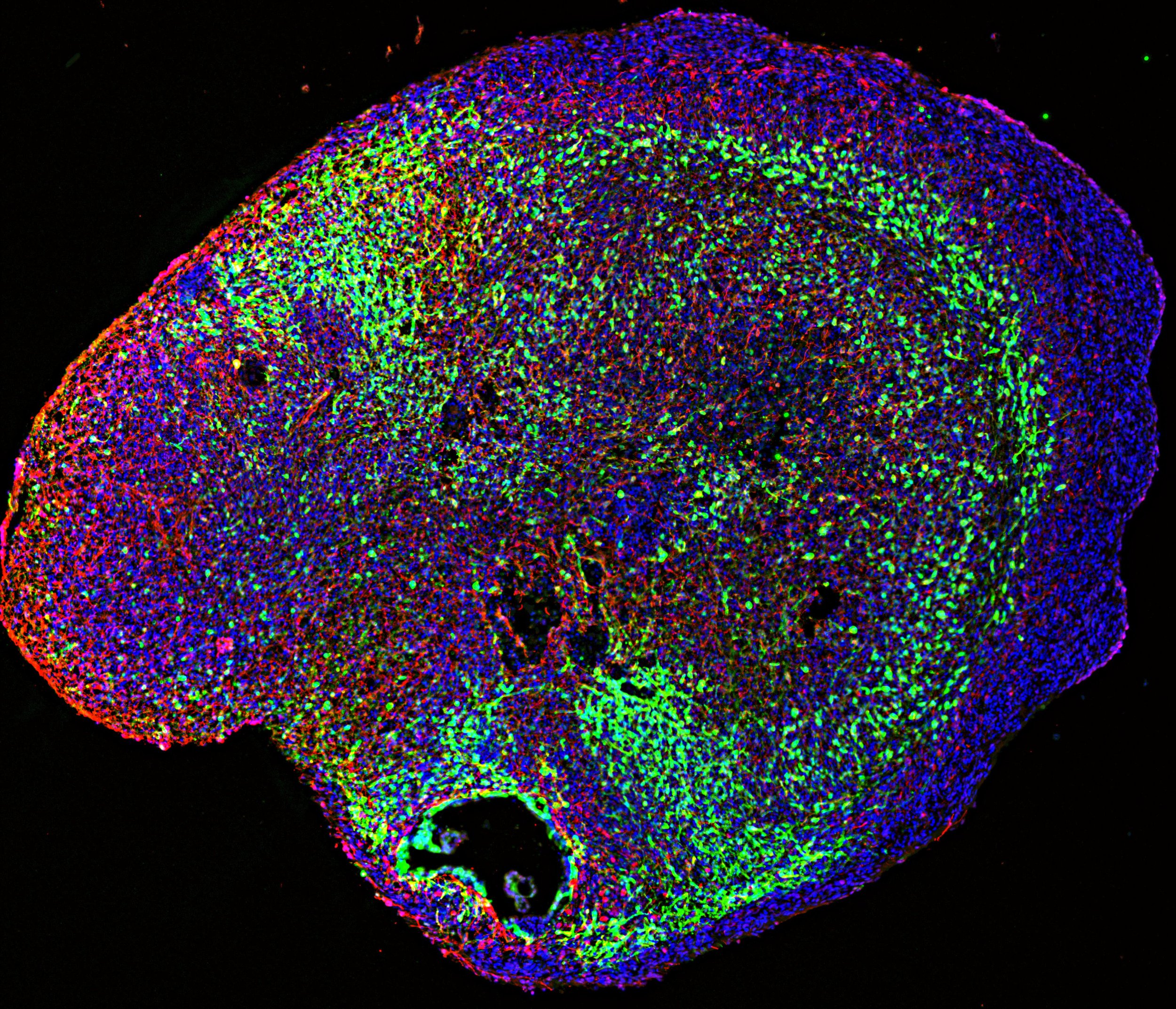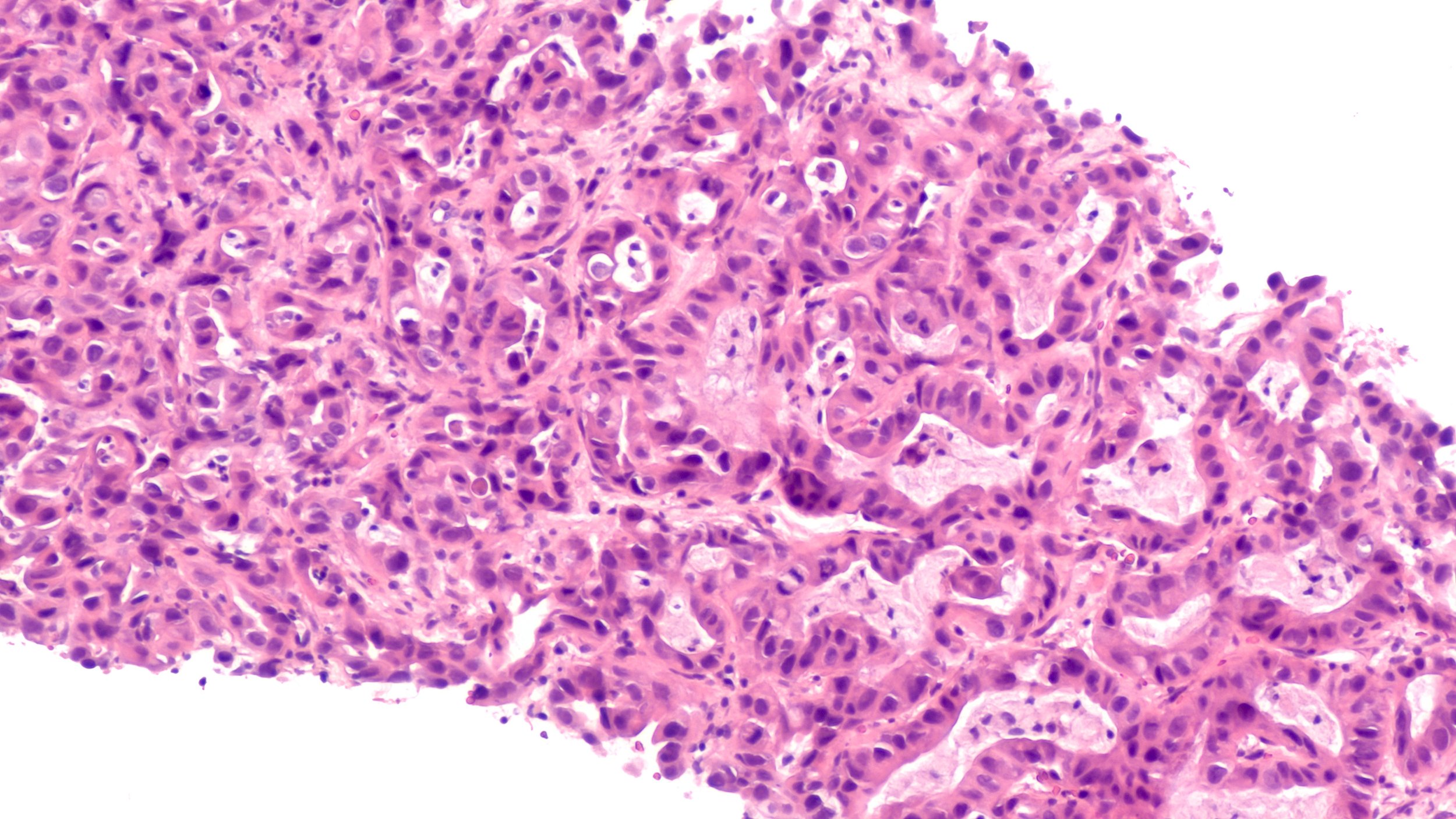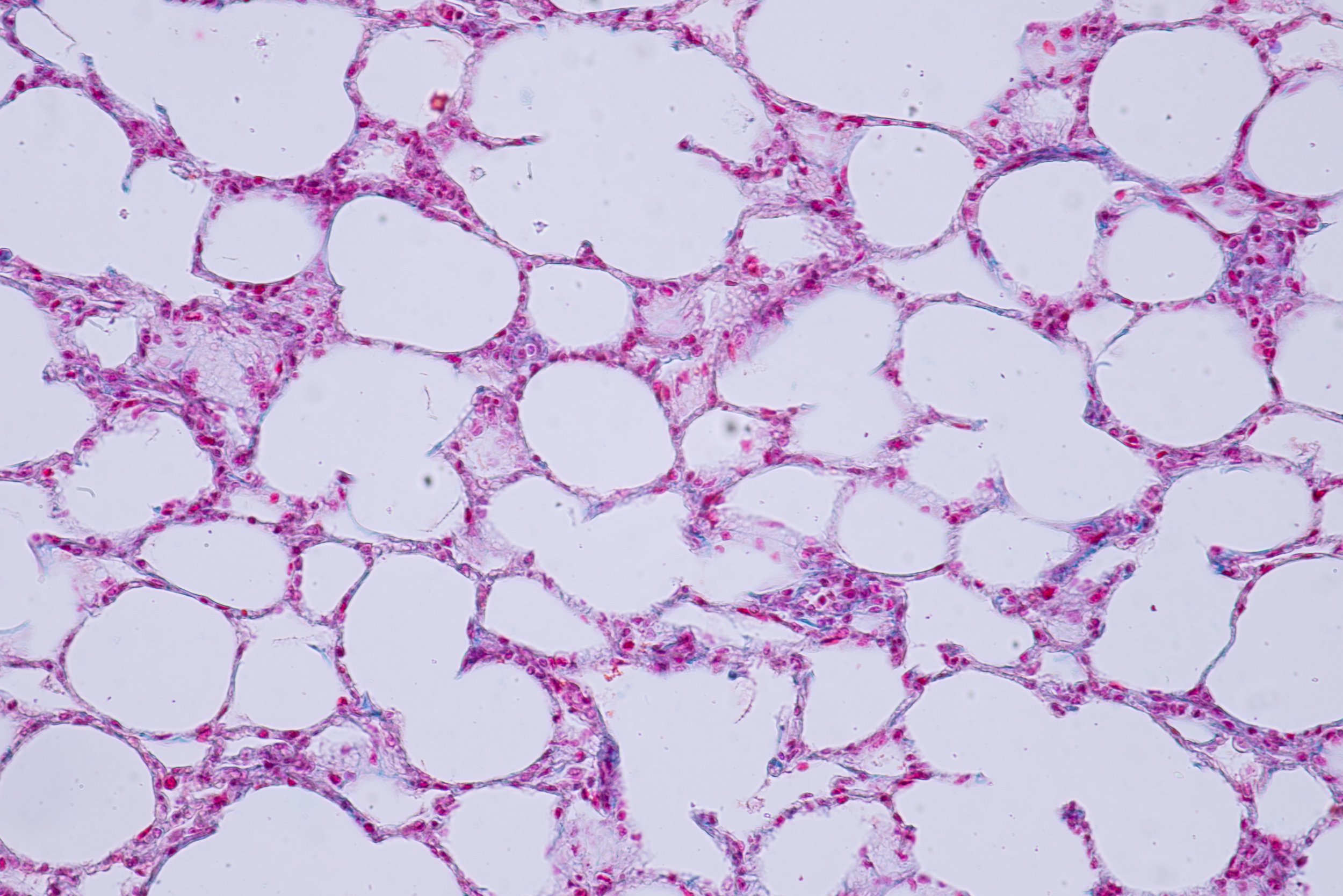Donating Cells for Research
To understand human disease, researchers must study human cells. While studying cells in the human body presents practical and ethical limitations, donated cells can be studied more easily in a controlled laboratory environment. Learn the processes, considerations, and ways of stem cell donation.
How Clinical Trials Work
A clinical trial is a research study designed to answer specific questions about a new treatment or a new way of using a current treatment. Clinical trials are used to establish whether a potential new treatment reliably produces the intended medical benefit and is safe. Learn how clinical trials work here.
Emerging Research
Explore some of the latest research innovations, including organoids, chimeras, and embryo models, and how they are being used to better understand and model development and disease. Ultimately, these advancements aim to lead to innovative therapies that can improve human health.
Donating Tissues & Biopsies for Research
A biopsy is a sample of tissue or cells that has been removed from the body, primarily to diagnose or treat a disease. By studying donated healthy and diseased tissue samples, researchers learn different aspects of disease across the human population. These studies also allow researchers to address important questions about normal cell behavior and how cells transform and malfunction.
Clinical Trials: Terms to Know
Explore terms to know related to stem cell clinical trials.
Organoids
Organoids are self-organized 3-D structures that are typically derived from stem cells and mimic aspects of the key functional, structural, and biological complexity of an organ. Explore how these models are used in stem cell research for human health and disease.
Donating Blood Stem Cells
Learn about donating, collecting, and transplanting blood stem cells to help treat specific diseases here.
Cell Banking
Explore how stem cells are banked, personal considerations, and recommendations if you choose to bank your cells.
Unproven Stem Cell “Treatments”
Be aware of the dangers of unproven stem cells treatments. Explore what to look out for and considerations when researching stem cell treatments.
Cord Blood & Uses to Treat Disease
Learn about the science, research applications, and ways that cord blood stem cells are used to treat diseases here.
Parkinson’s Disease
Learn the basics of Parkinson's Disease, how it is currently being treated, and the potential of stem cells for future treatments.
Osteoarthritis (OA)
Learn the basics of osteoarthritis, how it is currently being treated, and the potential of stem cells for future treatments.
Multiple Sclerosis (MS)
Learn the basics of MS, how it is currently being treated, and the potential of stem cells for future treatments.
Heart Disease
Learn the basics of heart disease, how it is currently being treated, and the potential of stem cells for future treatments.
Diabetes
Learn the basics of diabetes, how it is currently being treated, and the potential of stem cells for future treatments.
Chronic Obstructive Pulmonary Disease (COPD)
Learn the basics of COPD, how it is currently being treated, and the potential of stem cells for future treatments.
Amyotrophic Lateral Sclerosis (ALS)
Learn the basics of ALS, how it is currently being treated, and the potential of stem cells for future treatments.
Age-related Macular Degeneration (AMD)
Learn the basics of macular degeneration, how it is currently being treated, and the potential of stem cells for future treatments.
How can I learn about stem cell clinical trials?
Explore where you can learn more on clinical trials and the precautions you should take before partipicating.
Clinical Translation
Clinical translation is the multi-step process of turning scientific discoveries made in the laboratory into real-world medical treatments. Learn more here.

